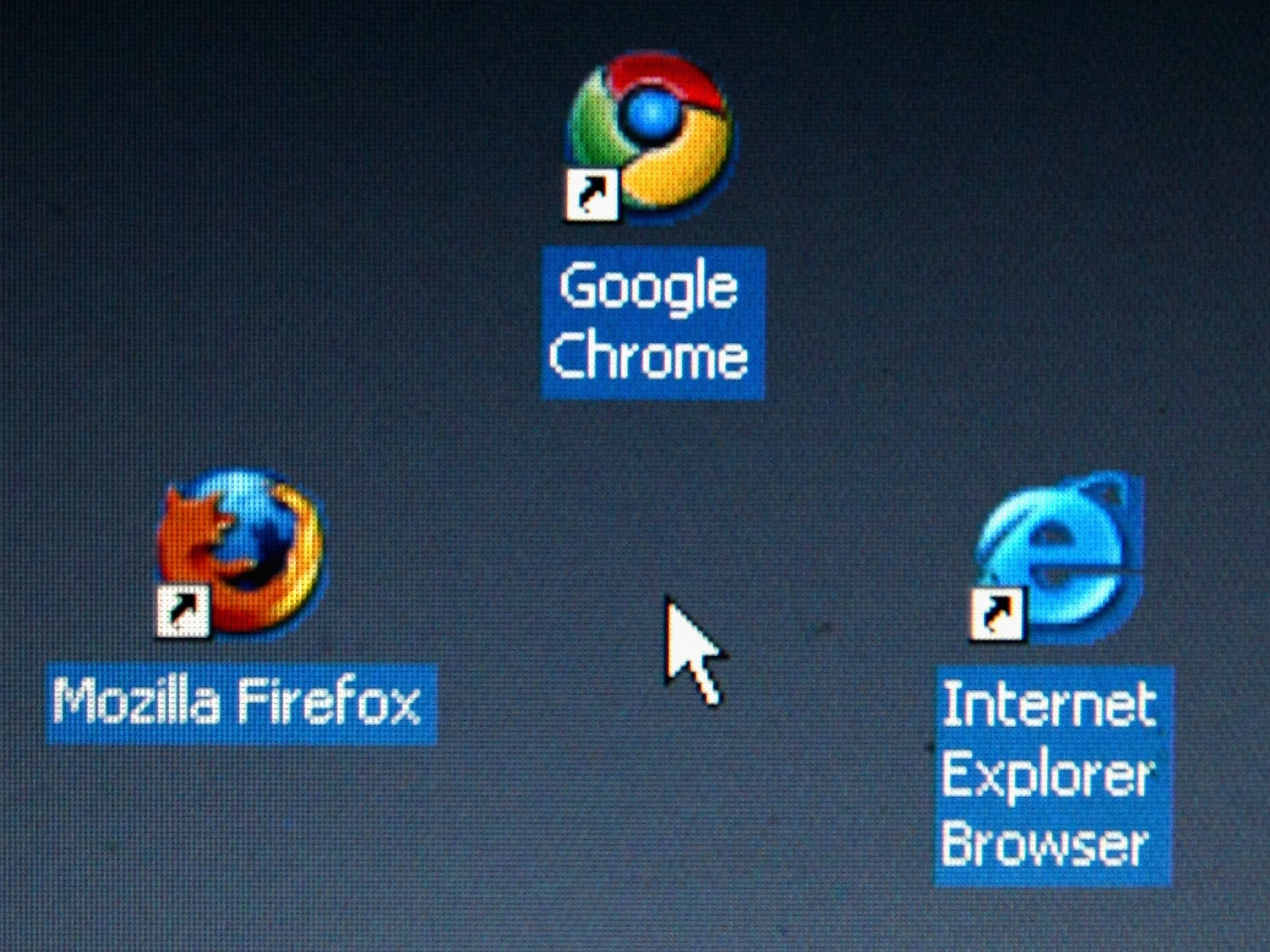Adblock Plus: Google, Amazon and Microsoft pay to avoid ad filter
Company gives tool away free, and makes money by charging to get round it

Microsoft, Amazon, Google and more of the world’s biggest internet companies paid AdBlock Plus to have its adverts pass through its ad filtering software.
The company makes money by allowing companies to pay to be added to its whitelist, according to a report from the Financial Times.
Normally, the tool blocks all adverts. It is used by downloading a plugin for browsers which will then hide content the software detects to be an advert. (It should not be confused with the similar AdBlock.)
The tool is free to download, and over 300 million people have done so already. The whitelisting programme allows the company to make money from the product, according to reports.
Users can disable the feature, so that all ads are blocked. Only 25% of users are against all advertising, the company has said in the past.
The adverts that are added to the whitelist must still comply with the tool’s “acceptable ads” policy. That requires that they are not too distracting and don’t attempt to disguise themselves as normal content from the site.
Eyeo, the German firm that makes the software, declined to comment to the FT.
Join our commenting forum
Join thought-provoking conversations, follow other Independent readers and see their replies
Comments